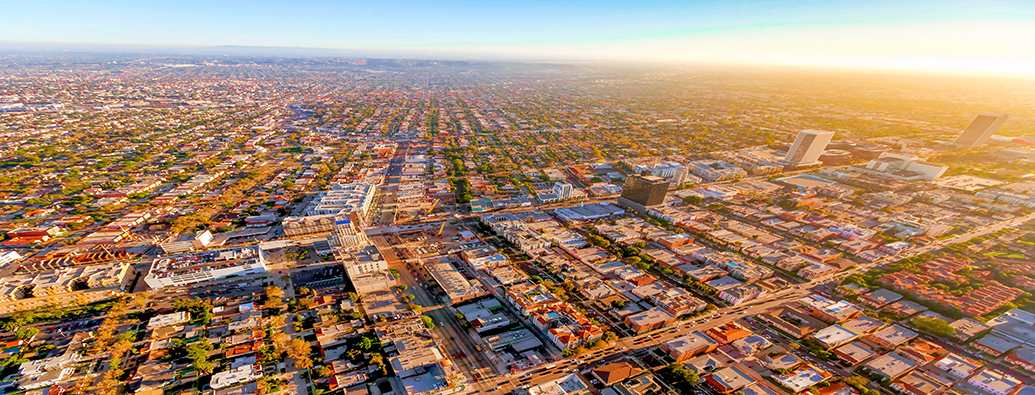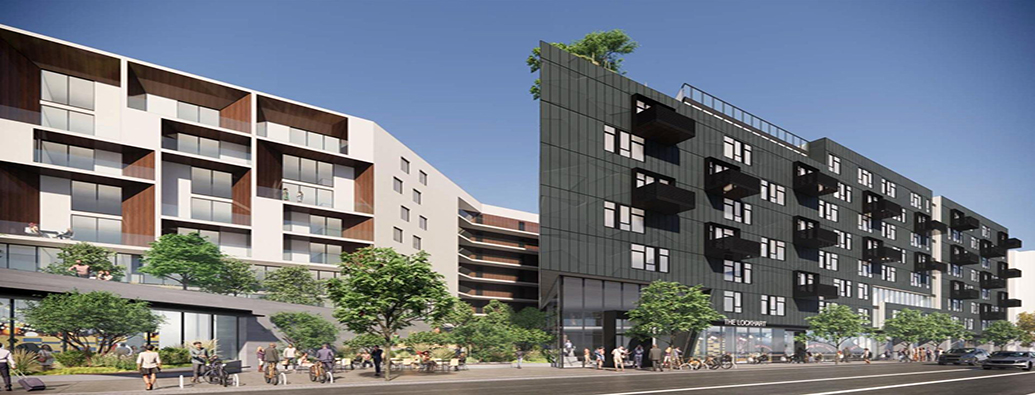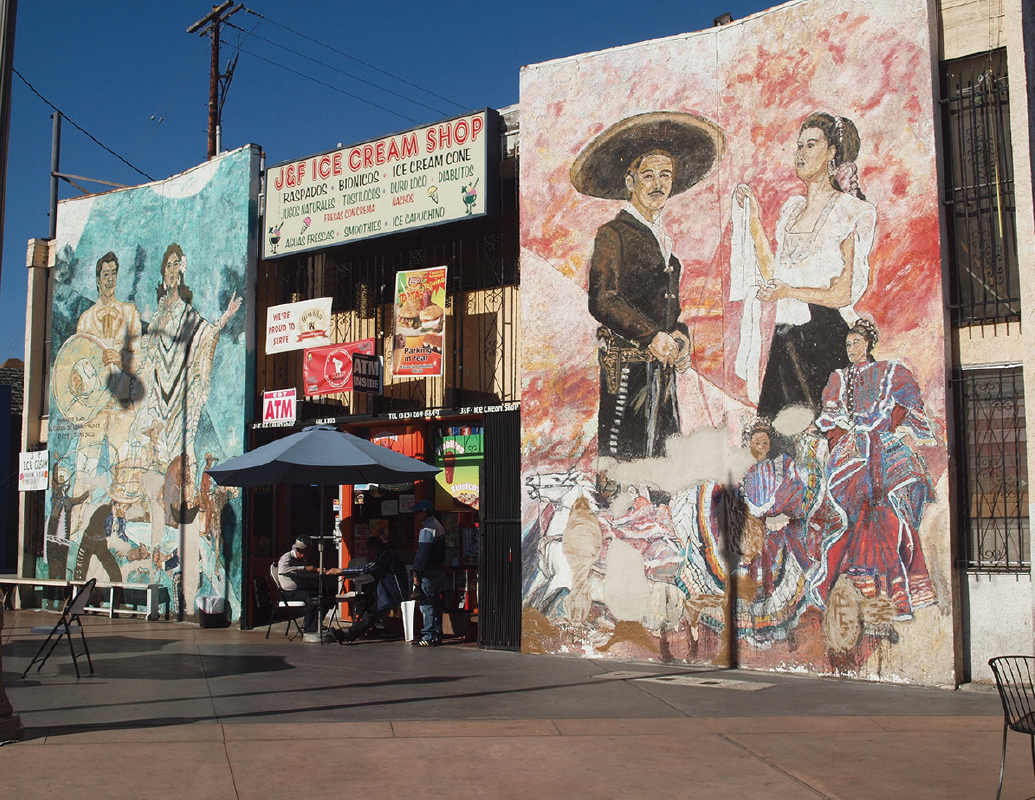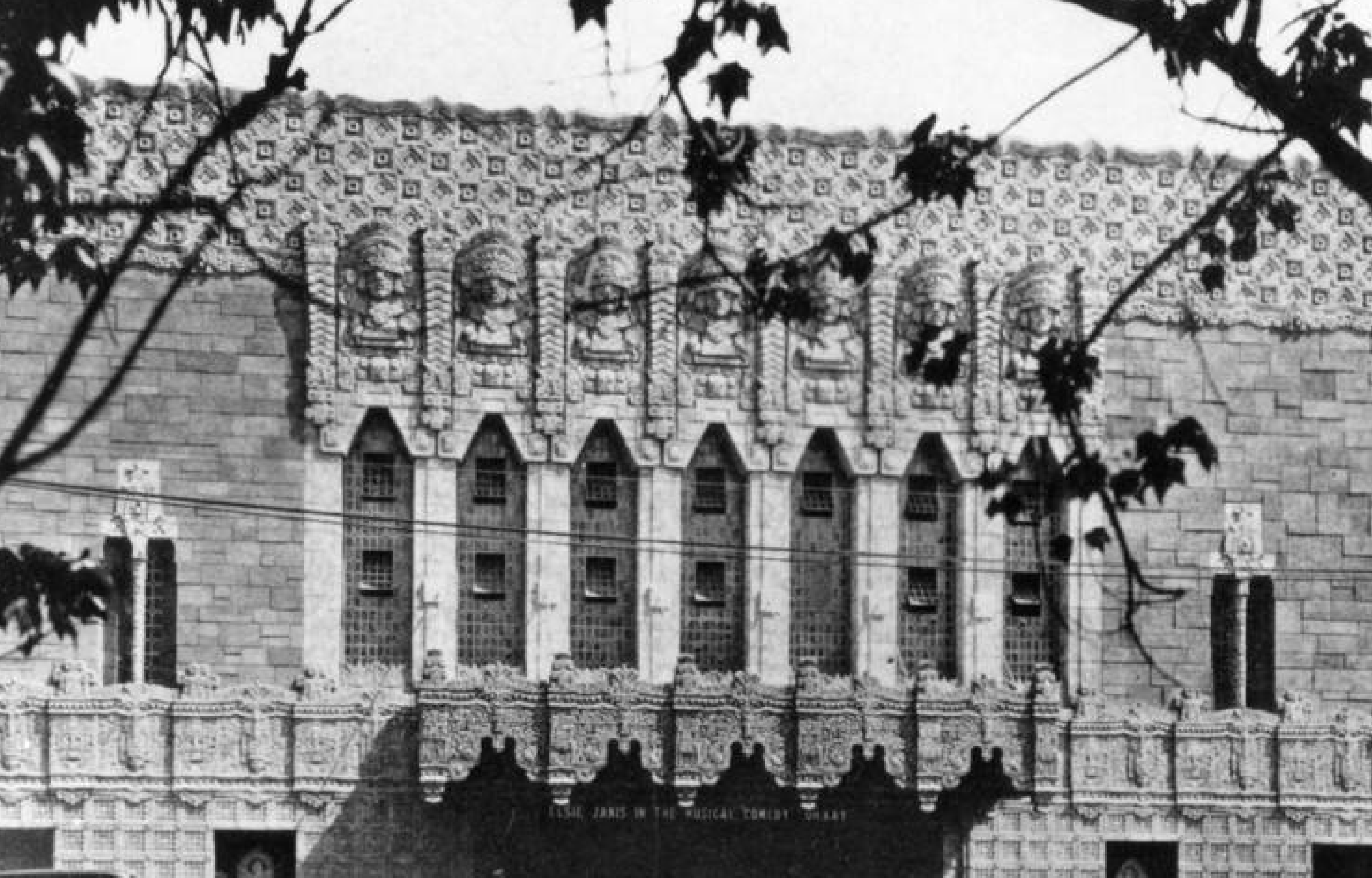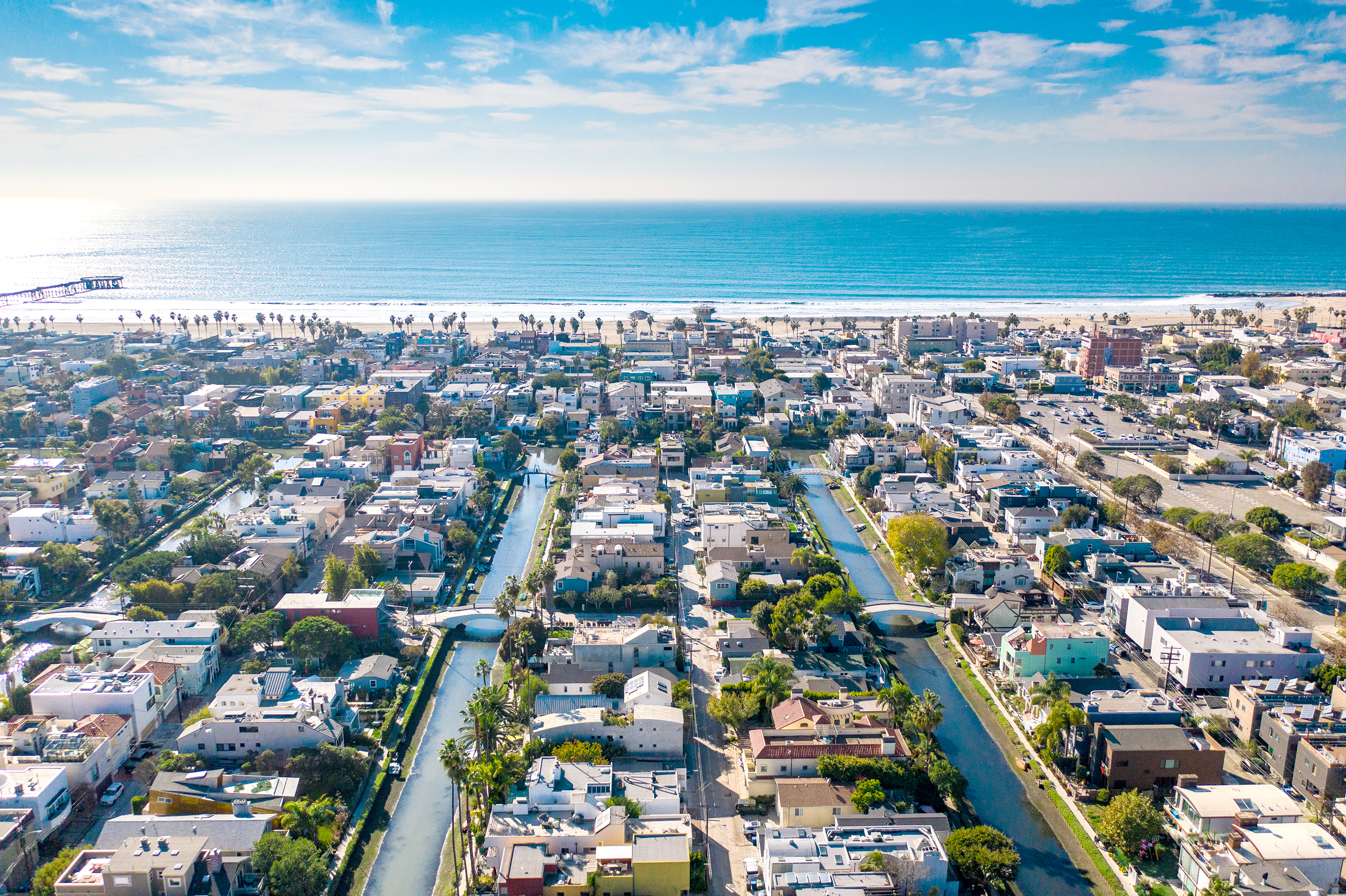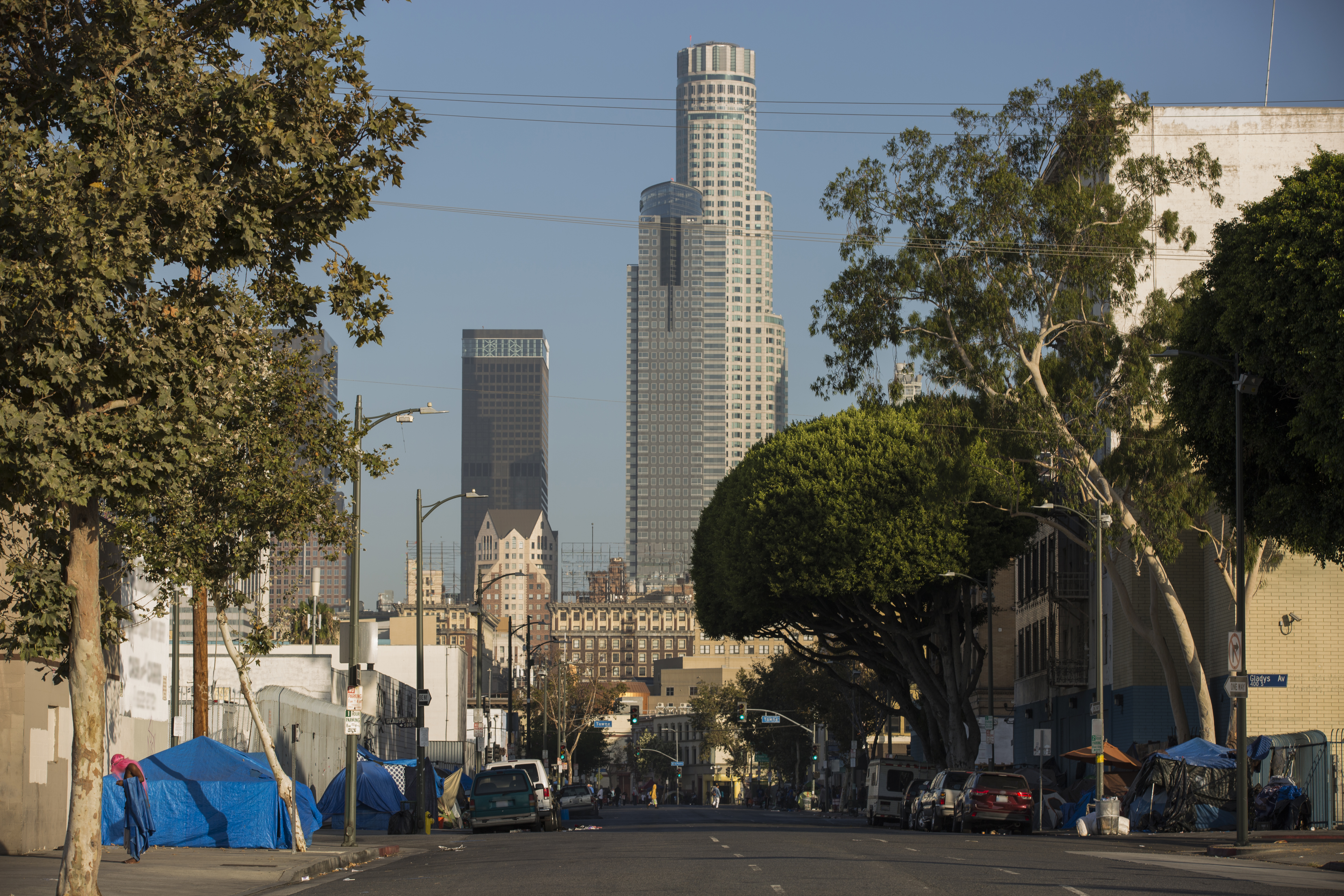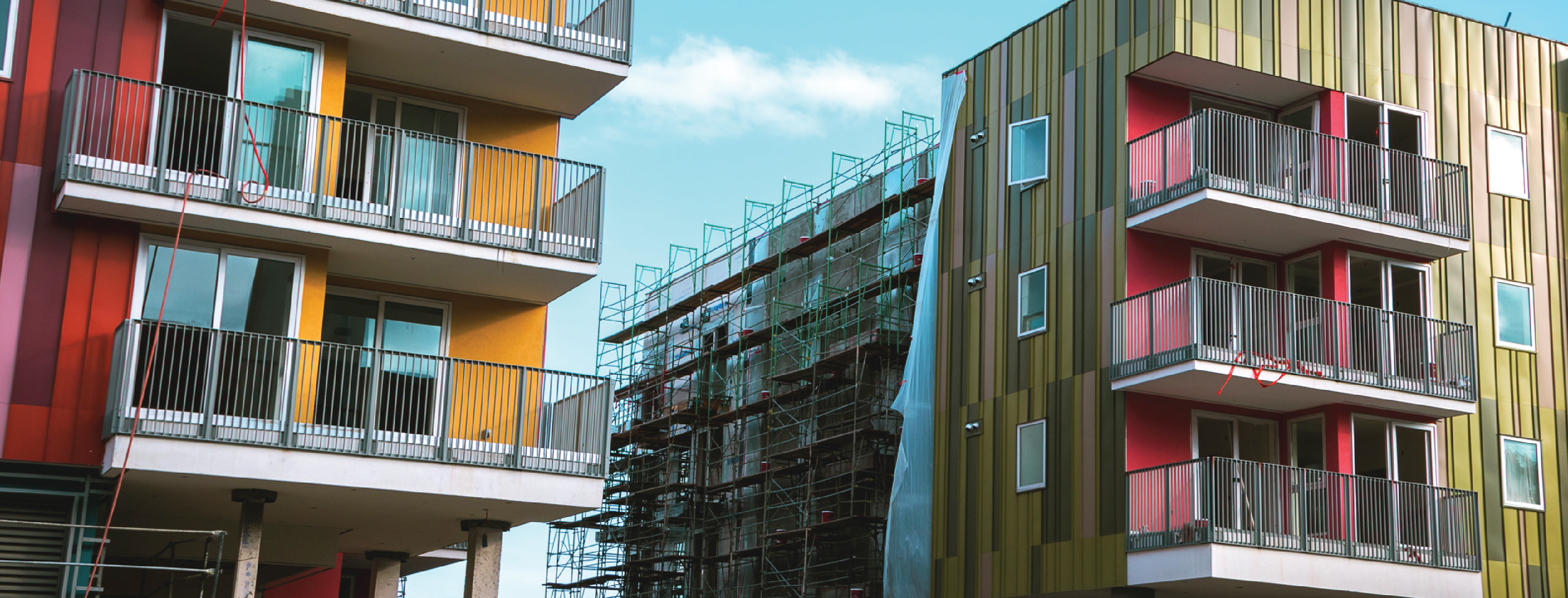How Does City Planning Recognize the History of African Americans in Los Angeles?
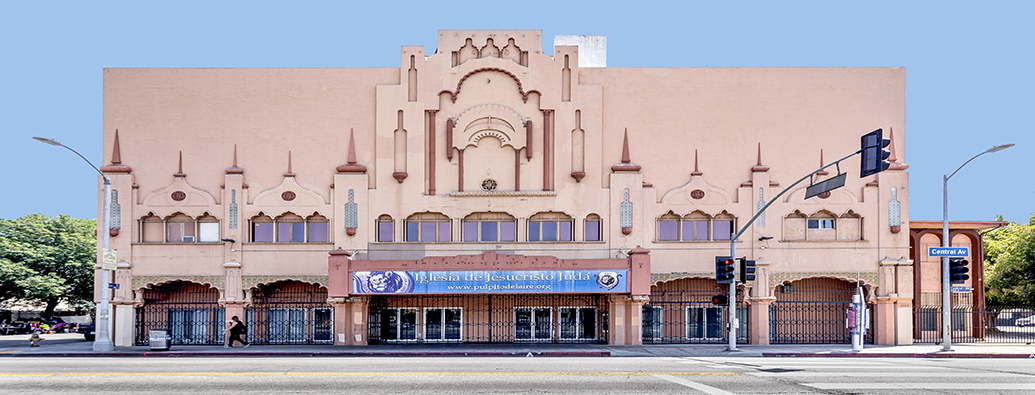
The Lincoln Theater, known as the "West Coast Apollo," served as the musical hub of the Central Avenue jazz corridor from the 1920s to the 1950s, hosting African American entertainers from Duke Ellington to Billie Holiday.

